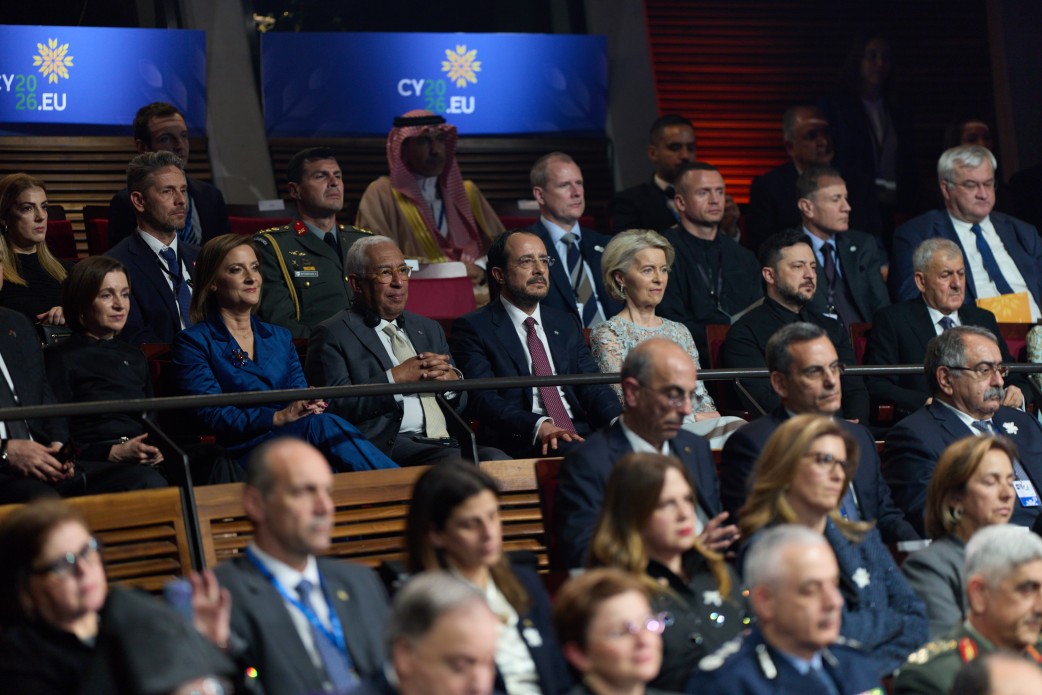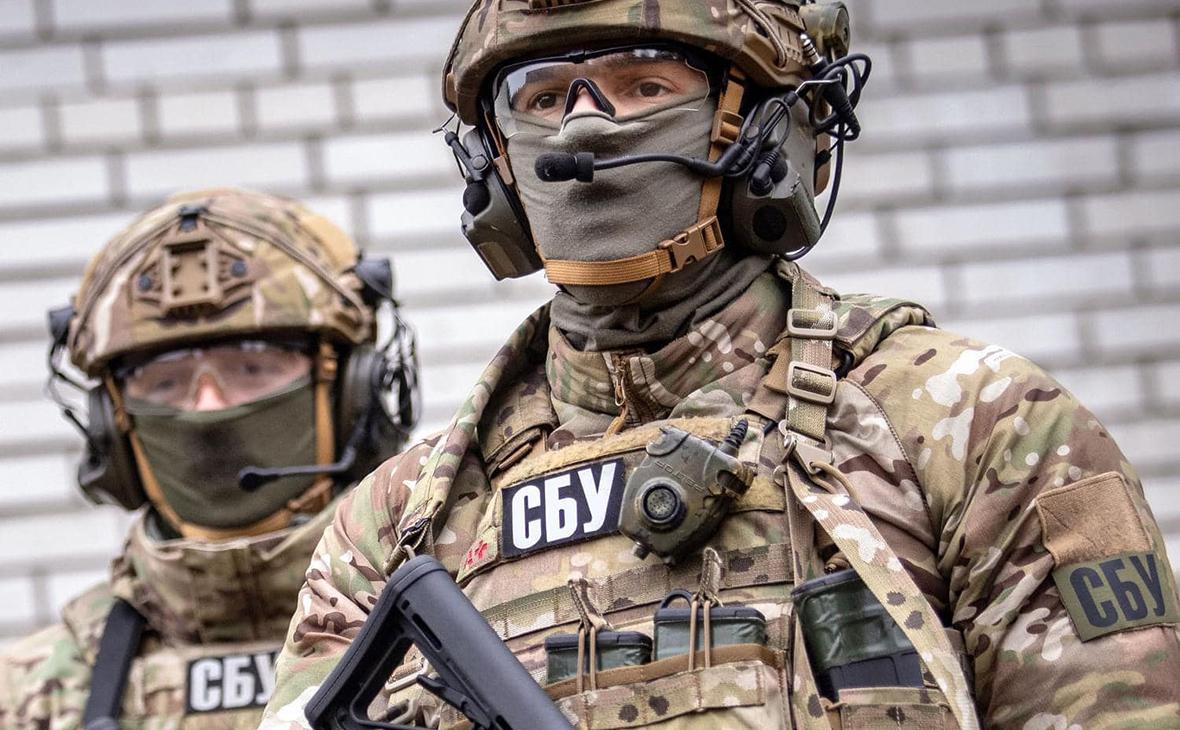The panel discussion “Models of Farmer Competitiveness in Europe and Ukraine” brought together specialists from the United Kingdom, the Czech Republic, and Ukraine.
The moderator Helen Fairlamb, head of the Agri Hubs project at the World Food Programme, at the beginning of the discussion noted that EU accession “will be one of the most important topics in Ukrainian agriculture, because we expect that many Ukrainian farmers will move from the frontline to EU membership within one decade.”
Therefore, Helen raised a number of interesting questions with the participants. Below is a brief summary of what they talked about.
Iain Dykes, CEO of JTZE Horní Moštěnice s.r.o., said he comes from a small farming family in Scotland but manages farms in the Czech Republic.
“We need to understand what the EU Common Agricultural Policy is and what its purpose is. Its purpose is stability of food supply to the EU, stability of development of agricultural regions, and third – environmental protection. And already within this, there are contradictions between goals, which makes the policy complicated if it is expanded to the entire EU.”
Keith Dawson, head of Central Plains Group, chairman of the Scottish Society for Crop Research, has 38 years of experience working in Poland and Ukraine.
“20 years ago, when I came to invest in Ukraine, I told the bank manager I would expand, but I did not say that it would be in Ukraine. But whether Ukraine is in the EU or not, the fundamental foundations for Ukraine are the same: the best soils in the world and a good pool of workers to cultivate the land. The soul of Ukraine is the land and good climate, so yes, the fundamental foundations here will remain regardless of Ukraine’s future regarding the EU. One reason why we invested 20 years ago is Ukraine’s competitiveness. Back then, Ukraine grew the cheapest wheat in terms of production cost, and it is important that the country continues to have this competitiveness, which it could use with or without subsidies.”
Yehor Sklyarov, commercial director of the farm Seym-Agro. His family owns two farms: one is located in Sumy, 10 km from the border, and the other in Kupiansk district of Kharkiv region.
“Let’s acknowledge that Ukraine has great opportunities and specific advantages over all European farmers because Ukraine is one of the five largest exporters in many basic crops. And we need to support this specific advantage. The Ukrainian taxation system for participants in the agricultural sector is the biggest subsidy, which is easy to manage. It is clear and deep. I want the EU to realize that one day, hopefully, we dream and strive for this, the current frontline will become the EU border. And when this happens, it is very important to help. Even now, in many frontline regions, agriculture is the only type of employment. Because factories have moved away, but you cannot take the land with you. We work there, we pay taxes there, so great challenges await us so that we can recover to pre-war levels. This is not just demining, it is a complex issue — soil contamination, destroyed infrastructure… Ukrainian authorities and the EU must recognize that the situation here is different.”
Roman Horobets, director of the farm ASTRA. They grow winter wheat, corn, some flowers and other crops, and also focus on growing vegetables.
“Regarding accession to the EU, we are quite skeptical. Maybe someone expects a warm bath, but it is cooling down. My expectations are easy access to financial markets to get money for our development, to participate in hedging trade practices in the European Union. We have a great opportunity not only to apply European practices but to analyze them and implement only the most effective ones. What do we want from our negotiation team with the European Union? To defend our national interests just as our soldiers hold the defense on the frontline.”




















